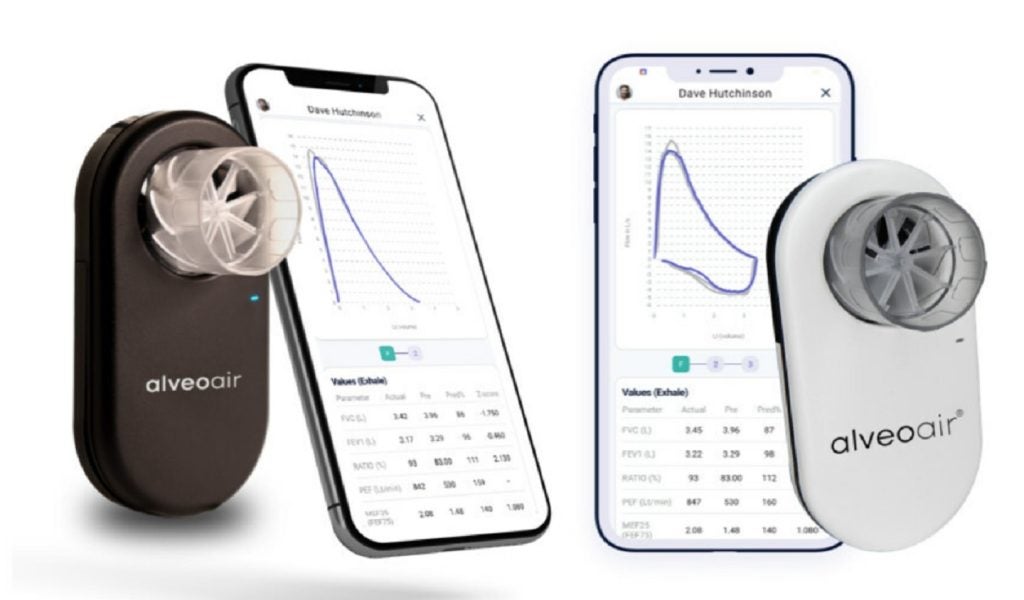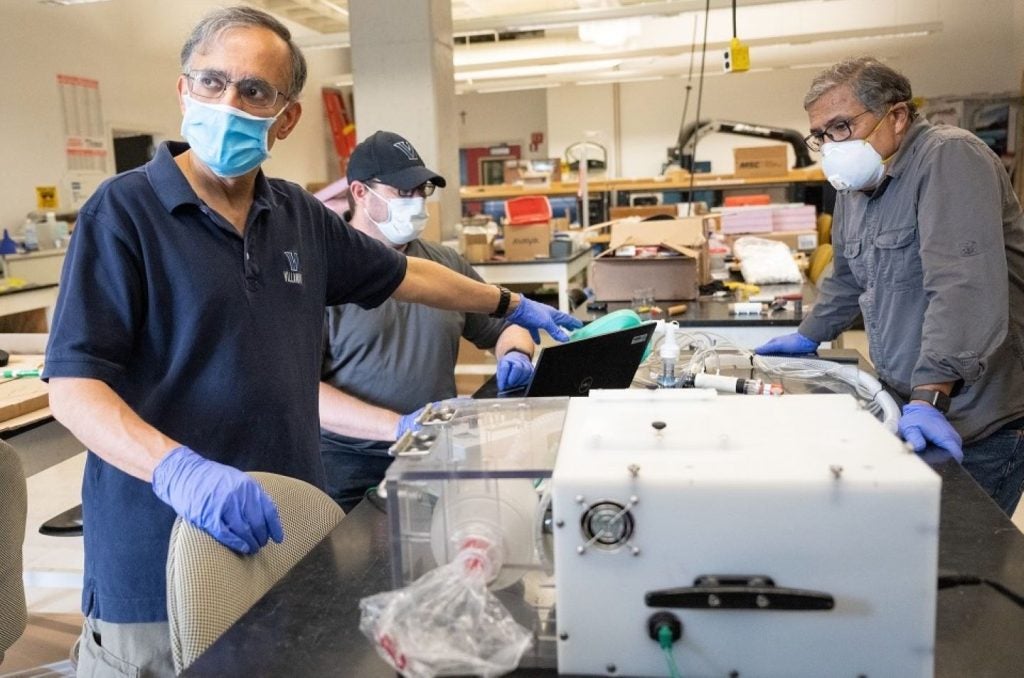iSTAR Medical has released three-year follow-up data of the MINIject glaucoma implant to treat patients with open-angle glaucoma uncontrolled by topical hypotensive medications.
Open-angle glaucoma is chronic, progressive, and irreversible optic nerve damage, that leads to blind spots in the peripheral vision. It is often accompanied by improper drainage of aqueous humour in the eye, thereby causing increased pressure in the eye (ocular hypertension).
MINIject is made using the proprietary STAR material, which is porous in nature, allowing for the natural flow of aqueous humour in the eye while decreasing the need for medications and increasing the device's durability.
It has been approved as a minimally invasive glaucoma surgery (MIGS) implant across multiple territories, including the US, UK, and Europe.
The glaucoma surgery device market is expected to grow to be worth $345m in the US by 2030, with minimally invasive devices occupying the largest market share of $233.3m, as per a GlobalData market model.
The interim data is from the observational STAR-GLOBAL (NCT04524416) study. The five-year follow-up study recruited patients who had received the MINIject supraciliary MIGS device as part of previous device trials (NCT03374553 and NCT05024695).
The data from the 48 patients showed a 36% reduction in eye pressure over three years, with 43% of the patients requiring no hypotensive medications. No device-related serious adverse events were observed during the three years. The data was first presented at the World Glaucoma Congress (WGC) from 28 June to 1 July in Rome, Italy.
MINIject is also being investigated in a clinical trial (NCT05432245) for treating patients with open-angle glaucoma uncontrolled by topical hypotensive medications in conjunction with cataract surgery.
















